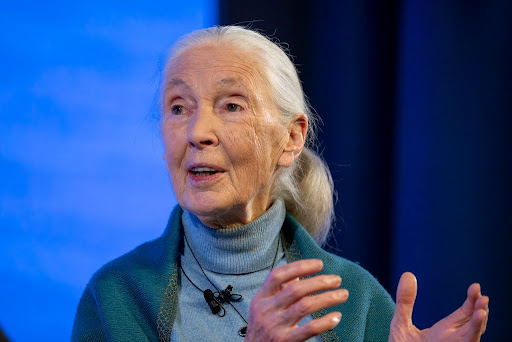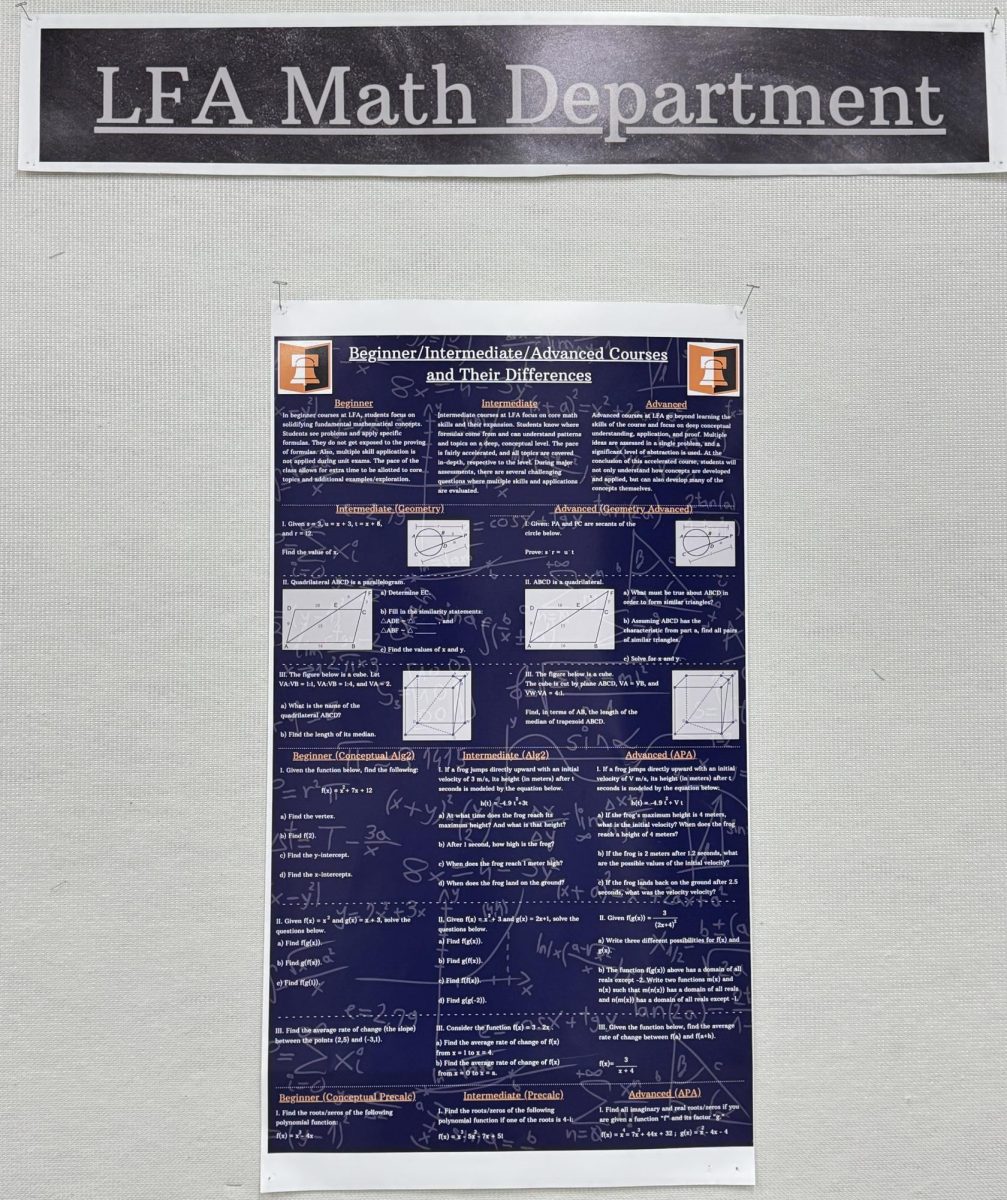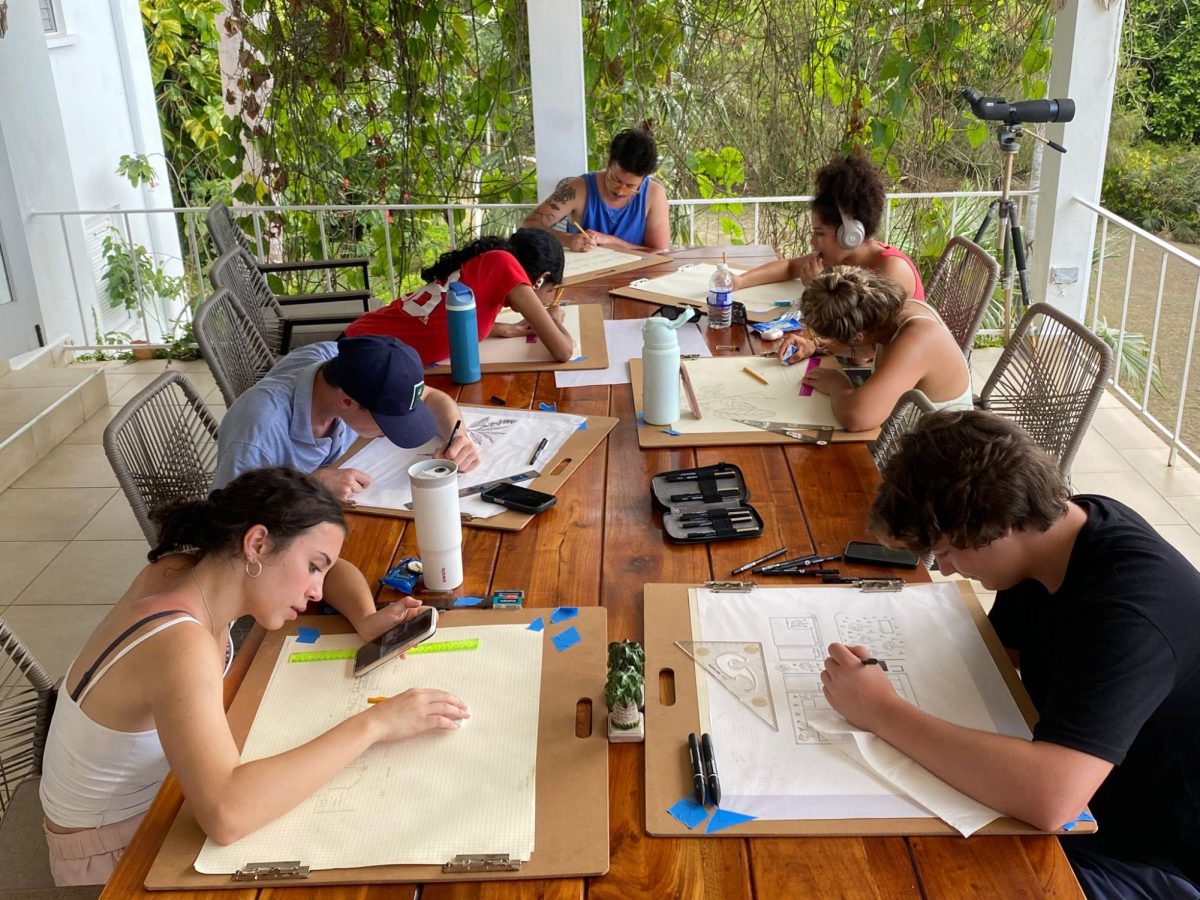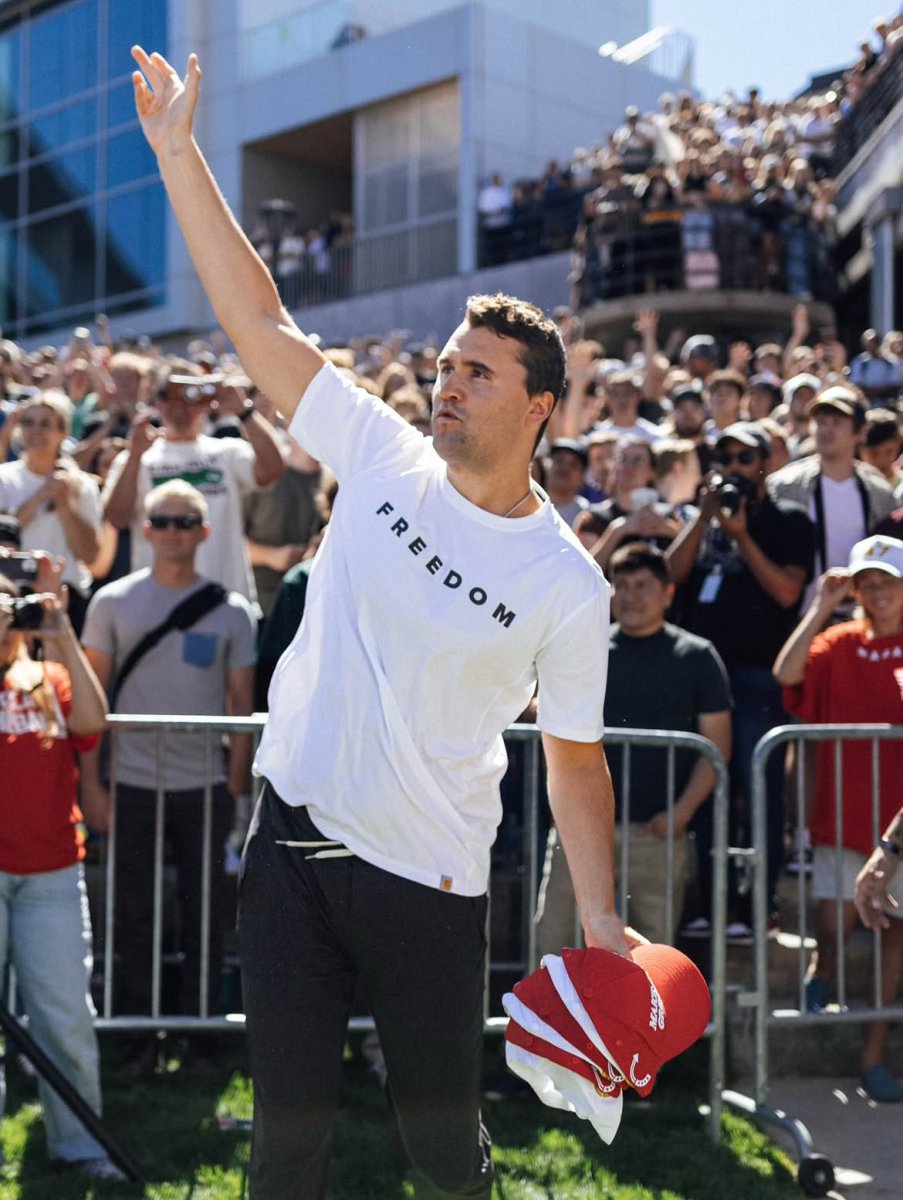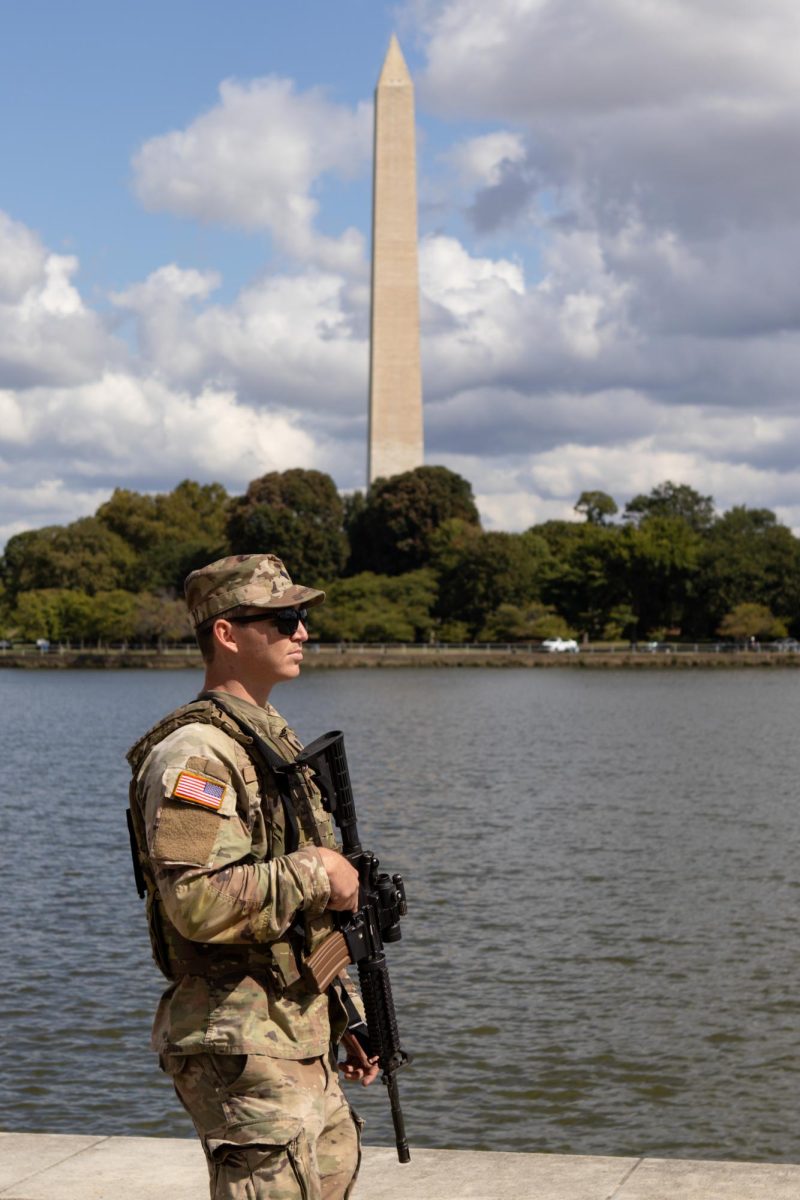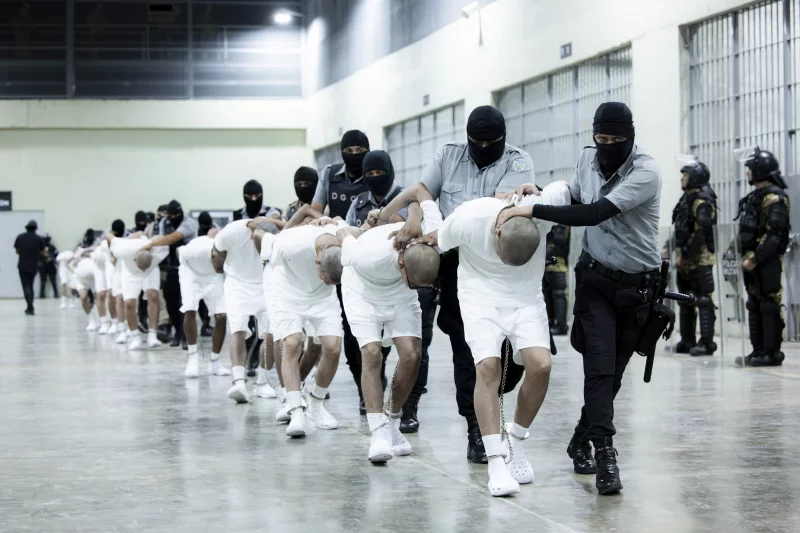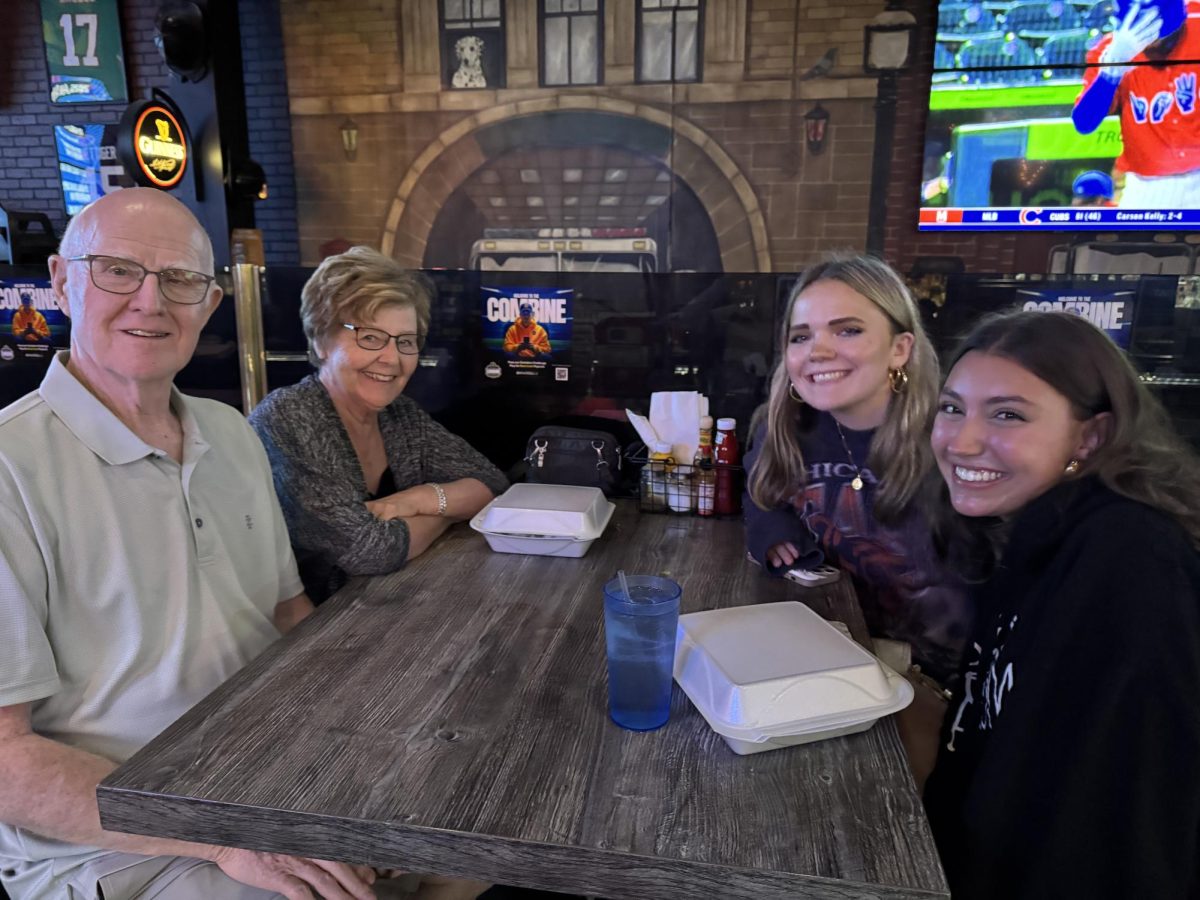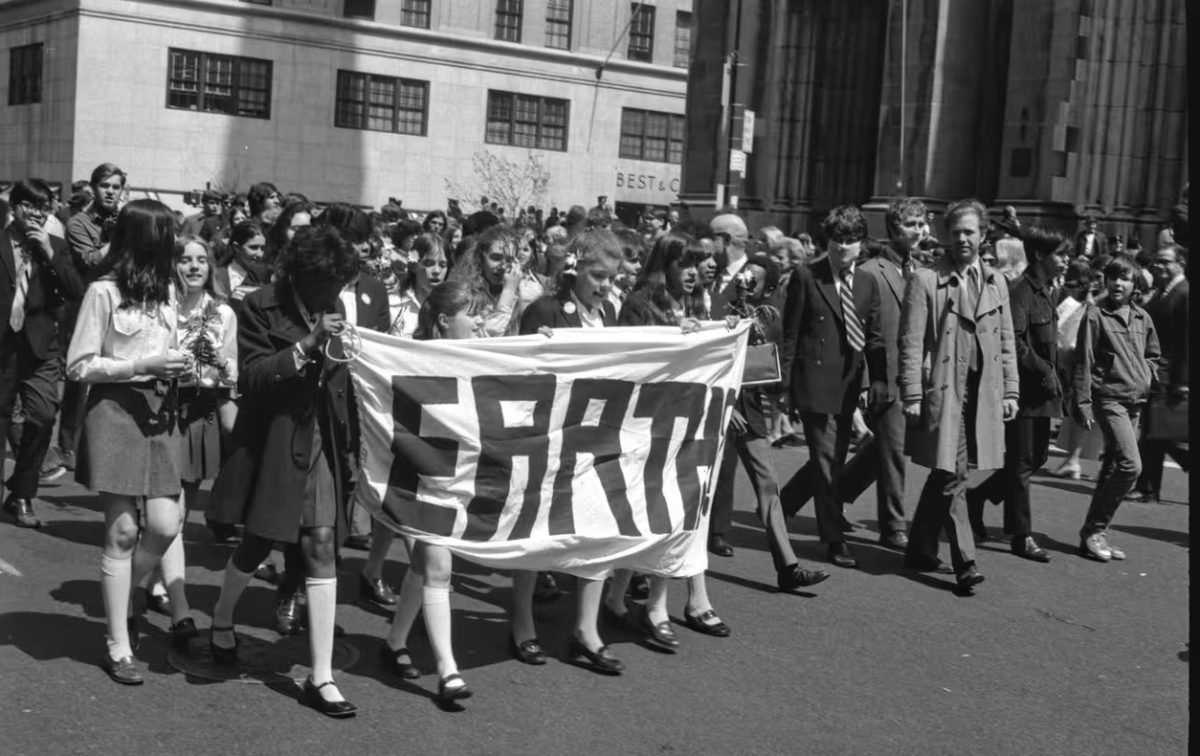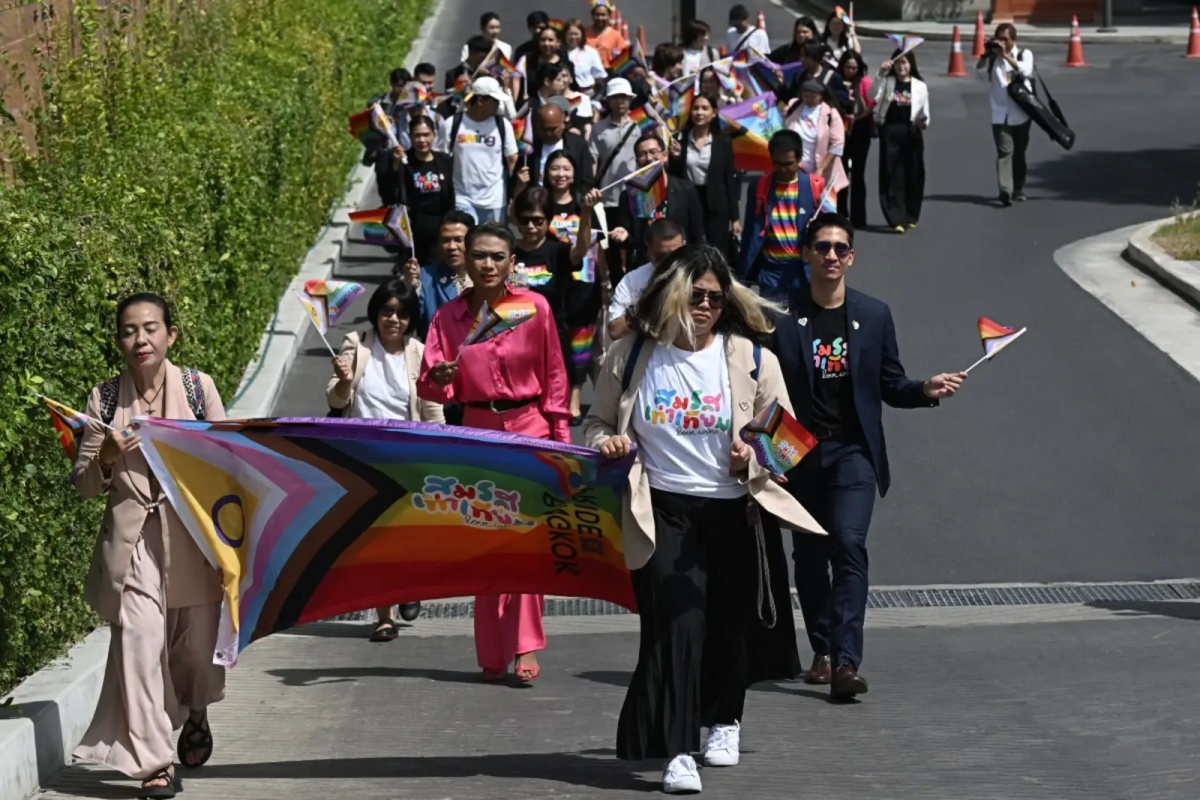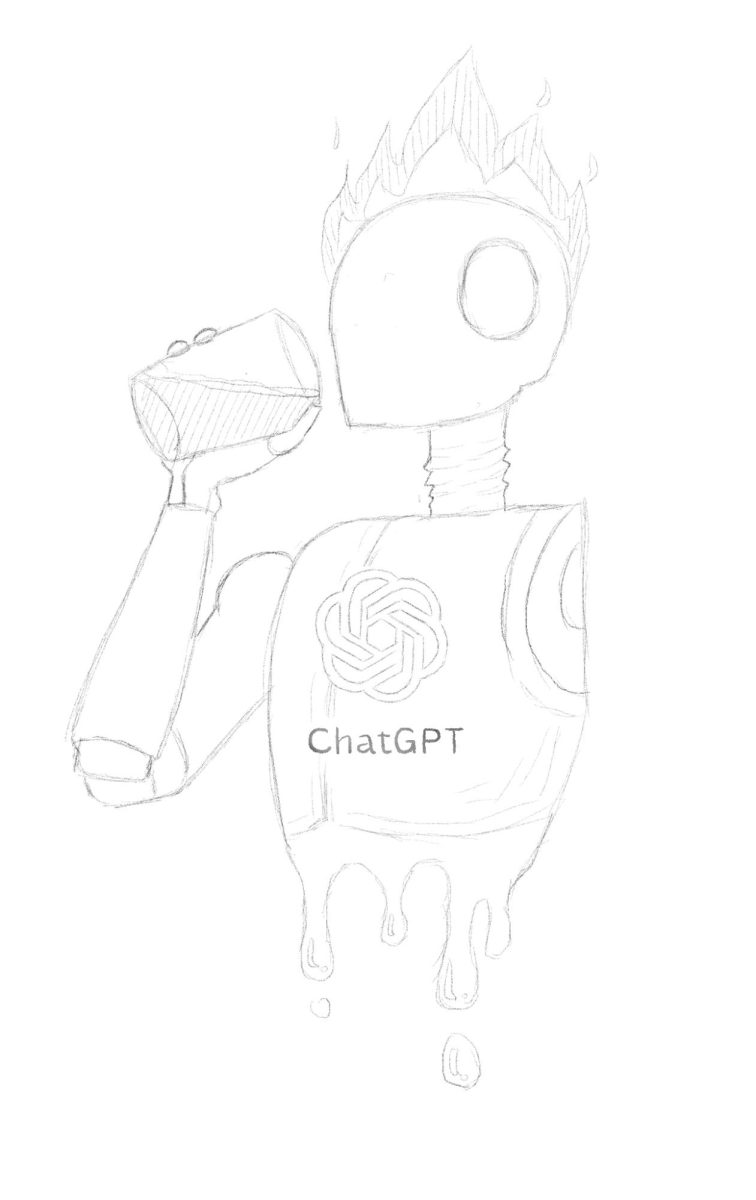Turkey and Syria Hit with Major Earthquake
March 16, 2023
On February 6th, 2023, southeastern Turkey and northern Syria were hit with an earthquake measuring a magnitude of 7.7. Soon following the first disruption, a second earthquake occurred at a magnitude of 7.6. To put this into perspective, these two quakes were reaching nearly 8 on the Richter scale of seismic intensity, a scale of which only goes up to 9. The initial impact was devastating, creating a mass destruction of buildings, households, and cities. No one was prepared for the aftershocks, which followed for weeks after the 6th, amounting to more than 9,000, according to the Disaster and Emergency Management Authority (AFAD).
Turkey’s government reports that 170,000 buildings have been severely damaged or collapsed, 1.9 million people are taking refuge in temporary shelters and public facilities, and nearly 530,000 Turkish residents have been evacuated from the impacted provinces.
Recent estimates record approximately 45,000 Turkish deaths as a result of the earthquake, yet continuous aftershocks create difficulties for aid organizations to account for further losses. The United Nations reports that nearly 9 million Syrians have been severely affected by the quakes, and the latest announced death toll in Syria was 5,914.
As frequently explained in Kevin Hagen’s Introduction to Natural Disasters course, he relays the idea that “the earth is a force that we can not control.”. When disasters occur, we can only try to minimize the effects, give our overflowing support, and do our best to reshape the communities impacted. Those injured, displaced, missing, and killed are at the forefront of the world’s minds. As a result, it is seen that in devastation, there is comradery. Nearly 240,000 rescue workers and volunteers continue to work to help those affected. People have opened their homes, providing shelter and necessities to those who have lost their sanctuary due to the disaster. Along with the assistance of Turkish and Syrian residents, dozens of nations around the globe have stepped in to alleviate the damage. The Israeli army sent 150 engineers and medical personnel to provide immediate assistance in life-saving efforts. Russia has sent rescue teams to Syria, along with members who are searching for survivors and clearing extreme debris. Major corporations have spread awareness, such as America’s NFL.
The impact is not singular to the impact zones as people around the globe have been influenced, including LFA student Almira Tepe. She and fellow impacted students recently held a bake sale to raise funds for relief efforts. “We made sure that we gave equal donations to Syria and Turkey in order to provide the same support for both struggling nations.” Despite the great support LFA showed, it is an extremely emotional and terrible event to witness from so far away. “I feel like I can’t do anything about it from a distance, and recently, it seems like the news has forgotten.” She implores our community to remember that “just because it happened, it does not mean it’s over.”

